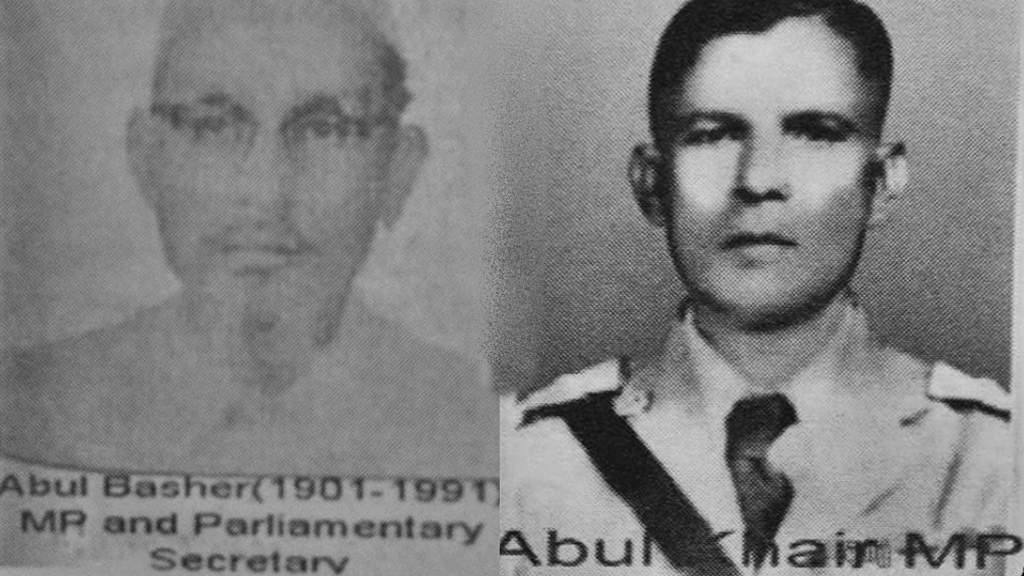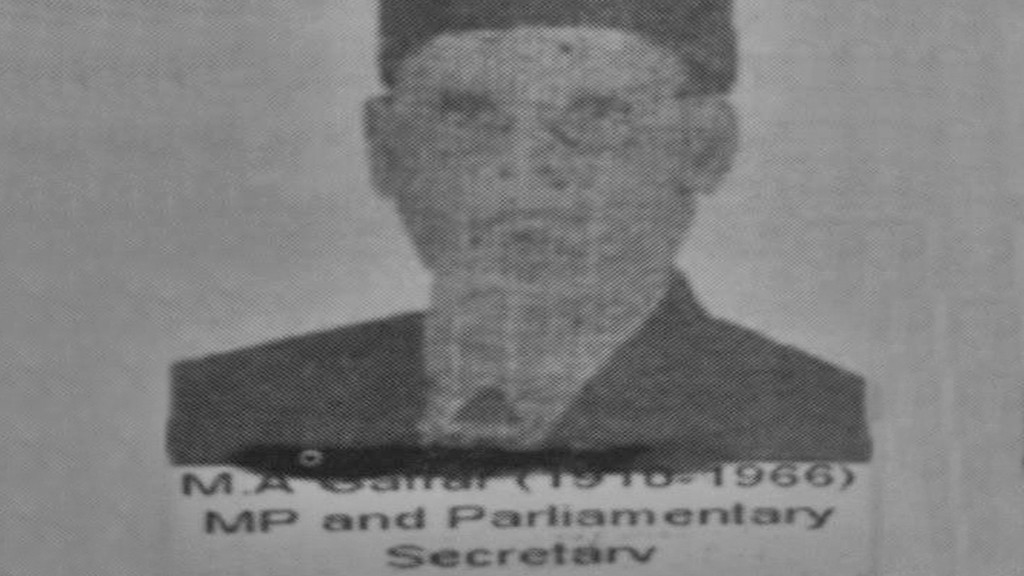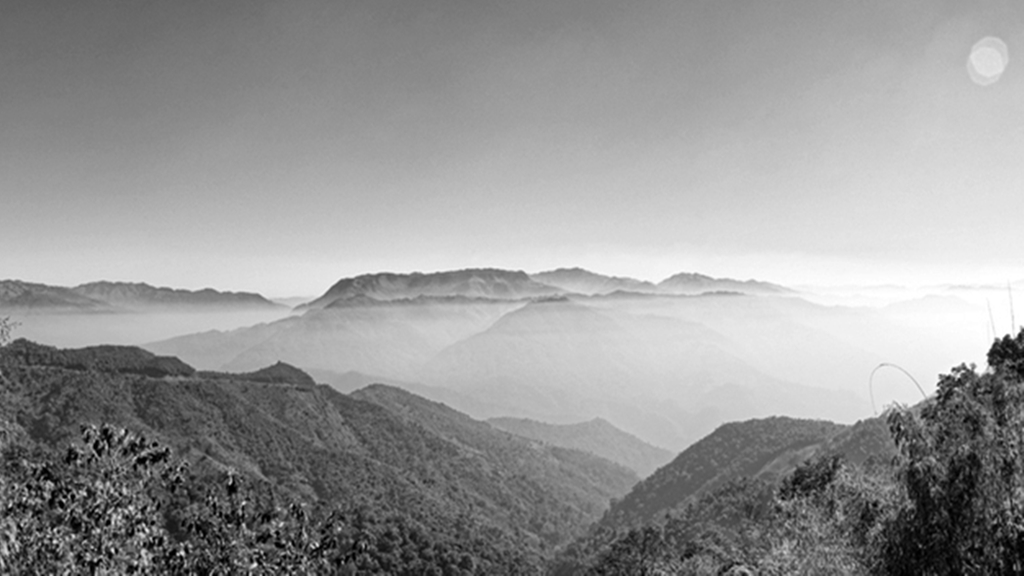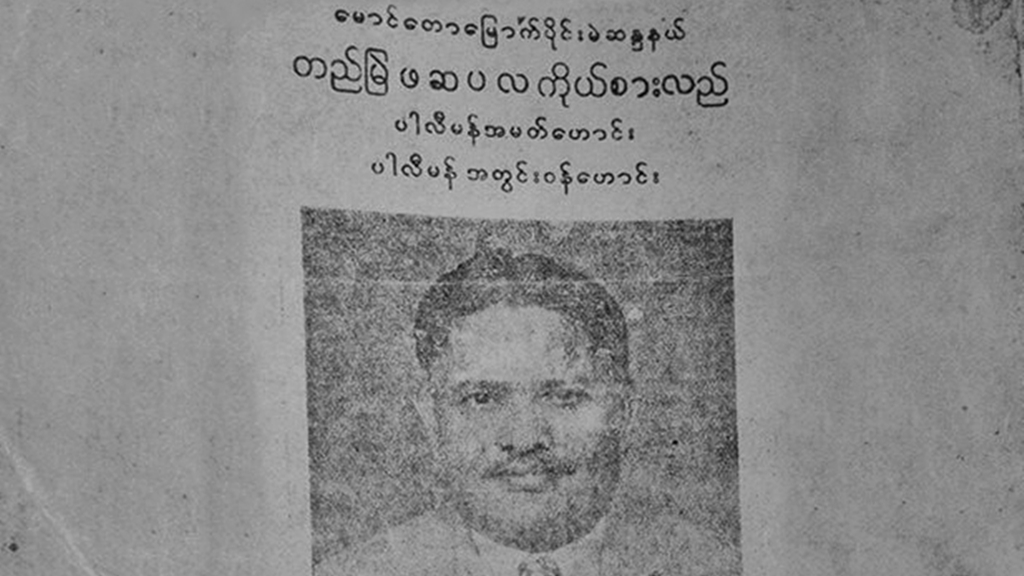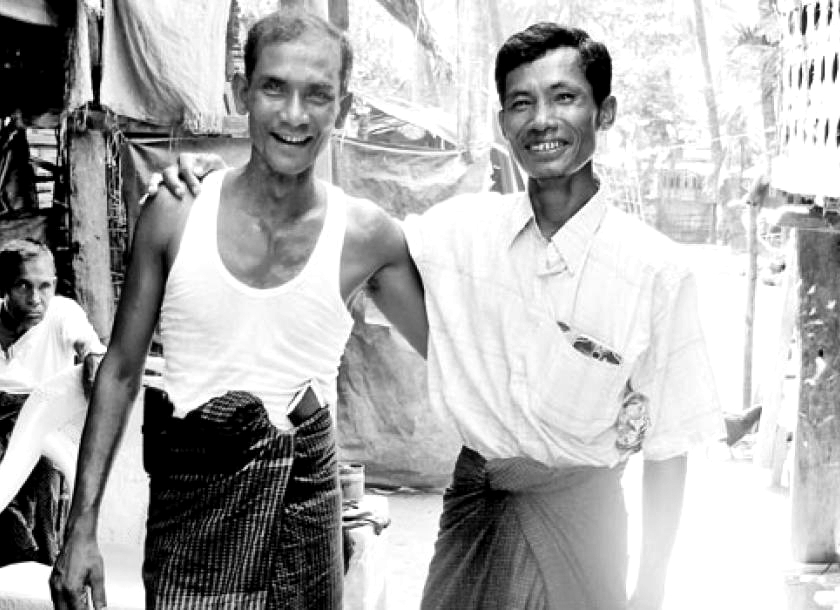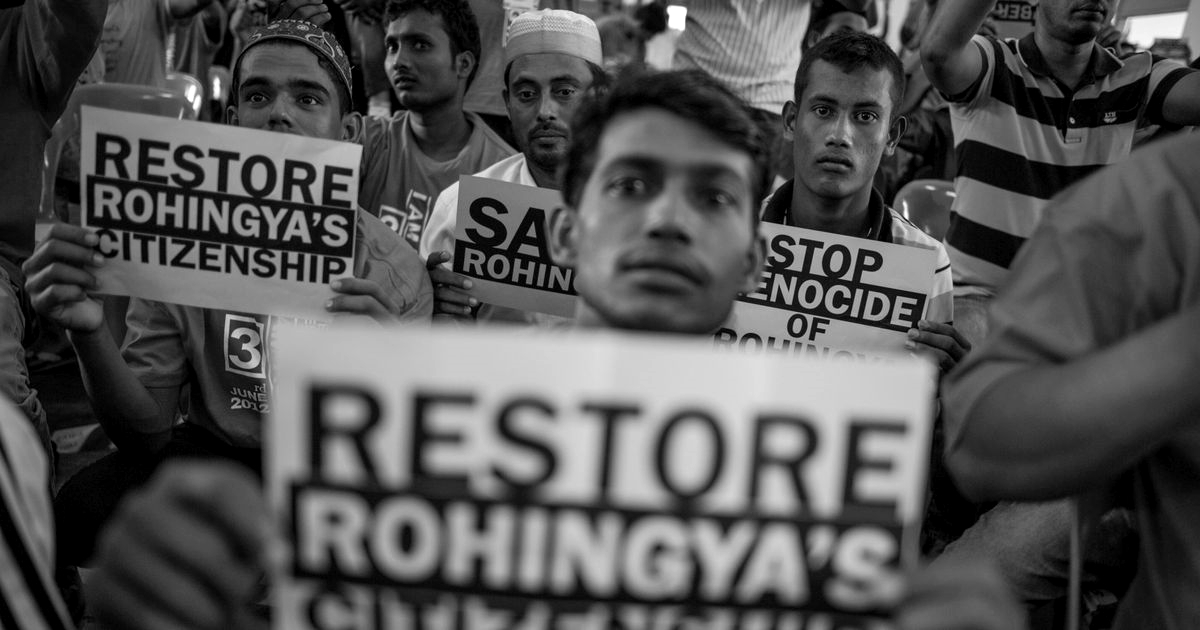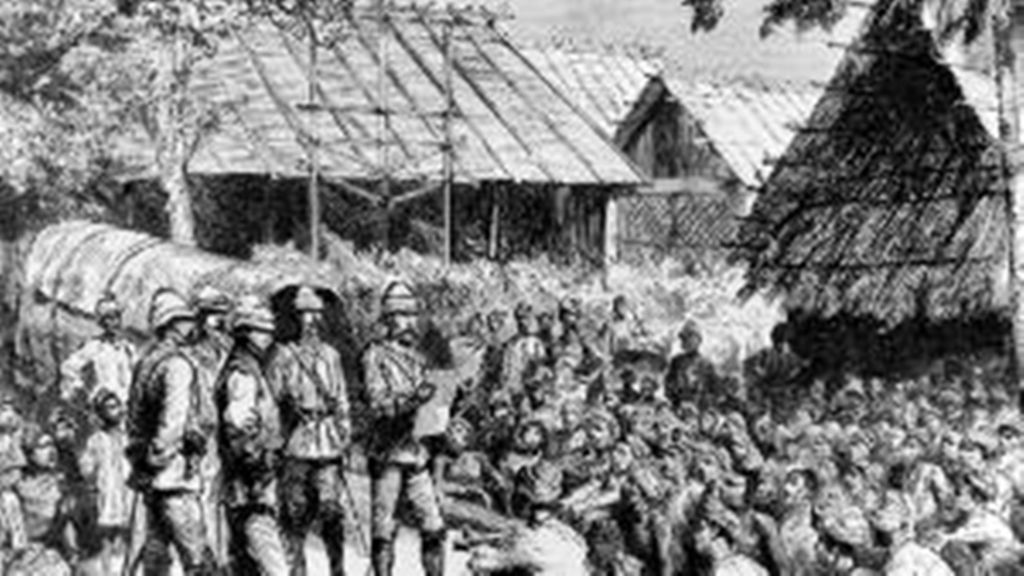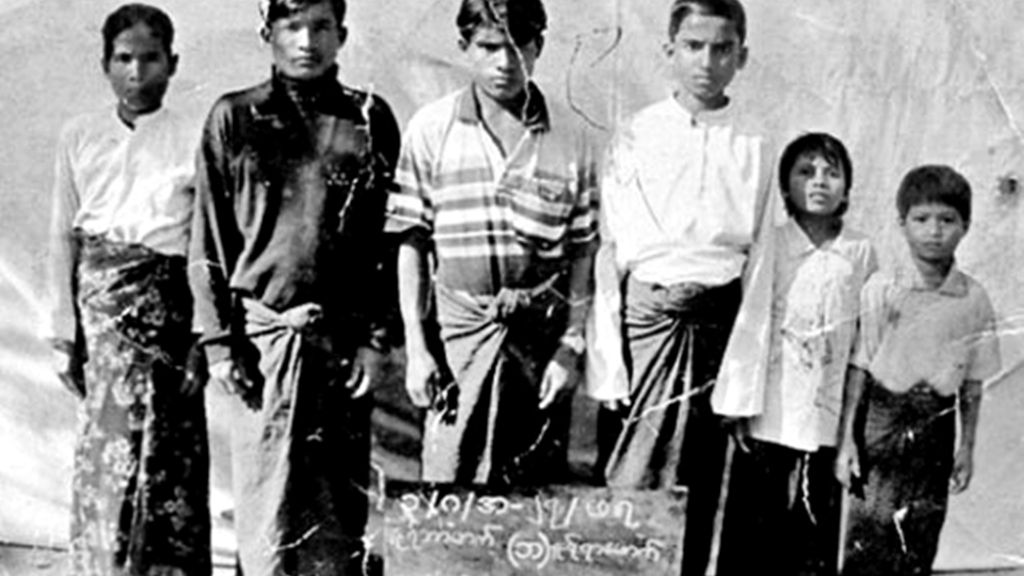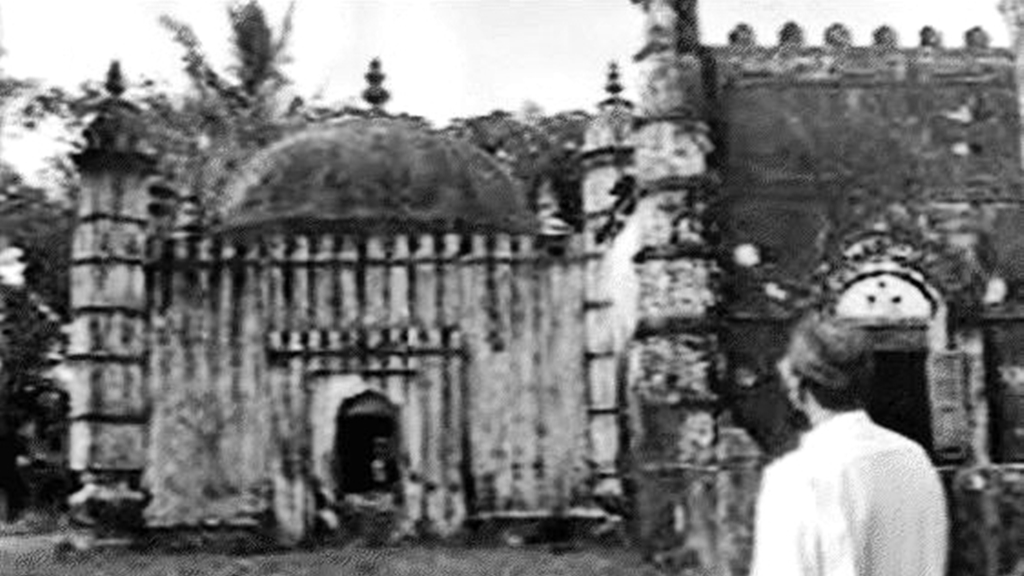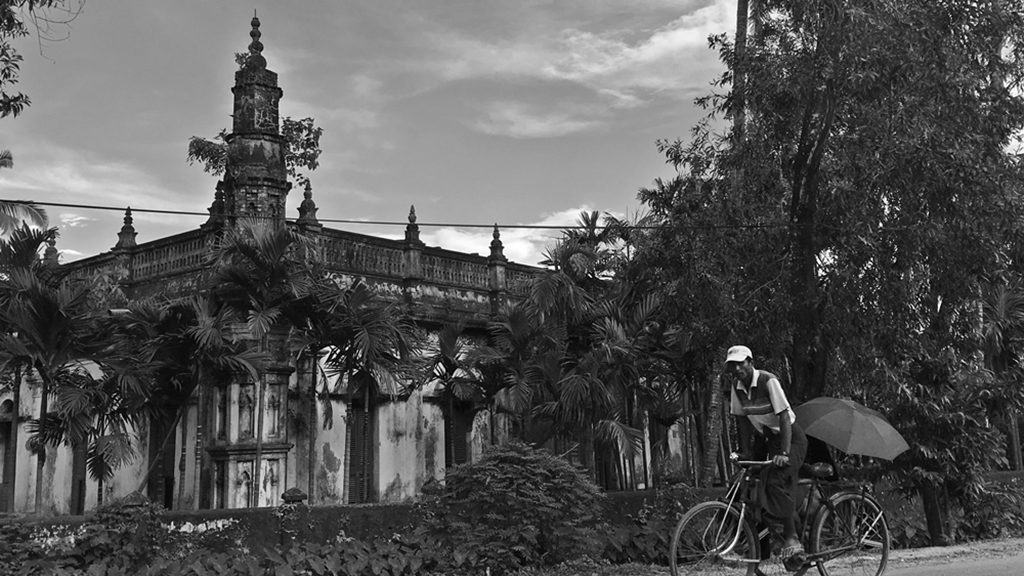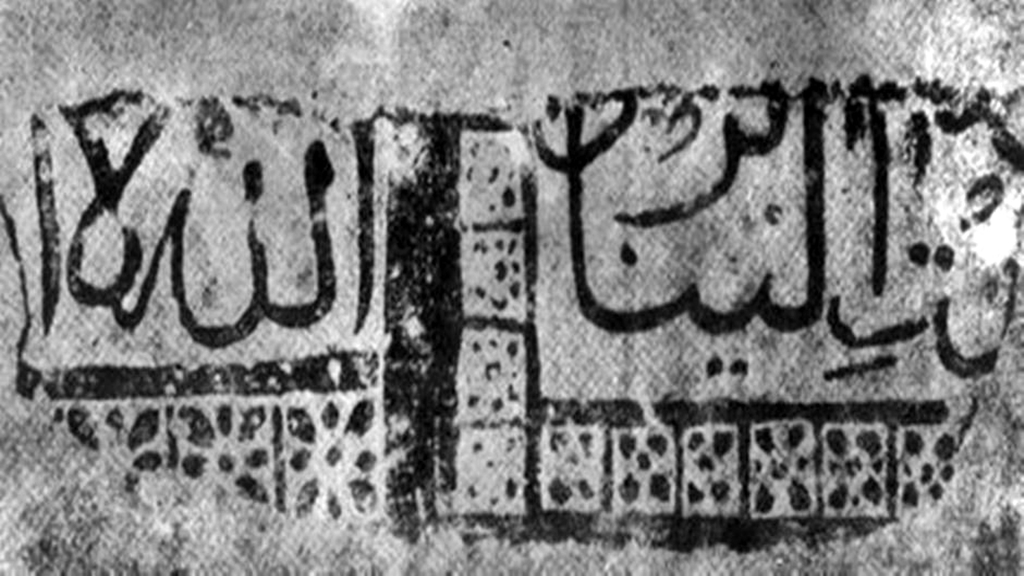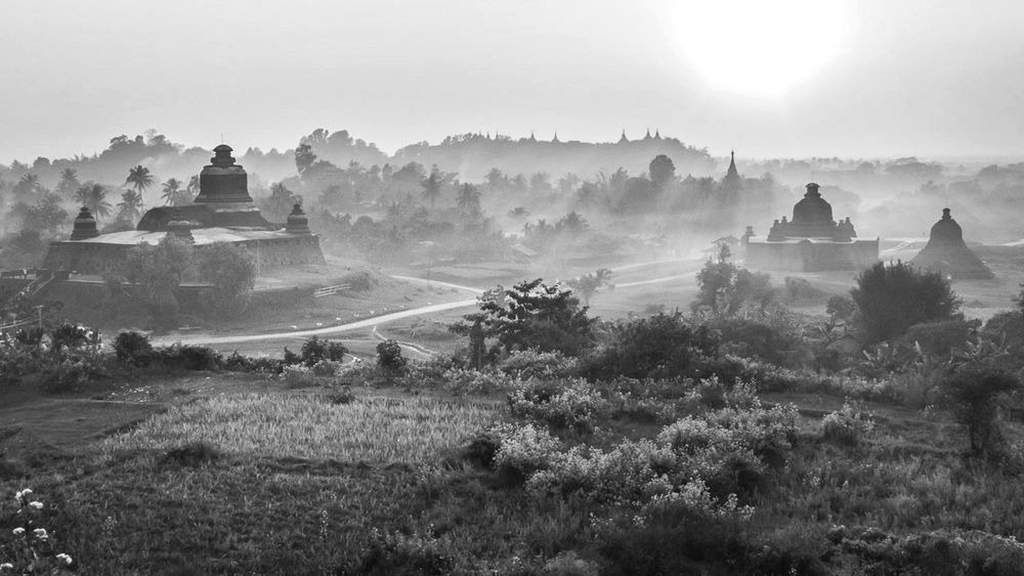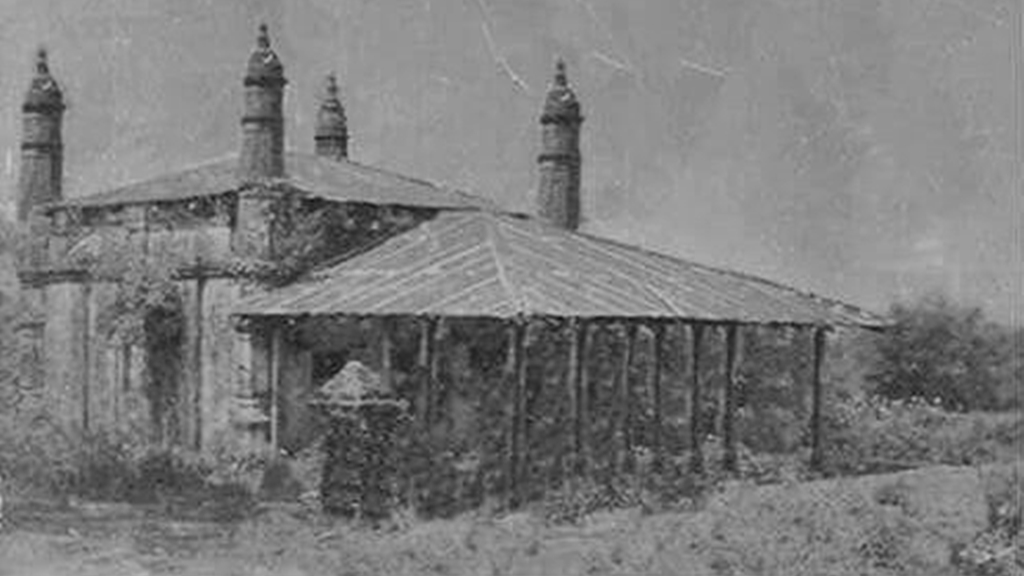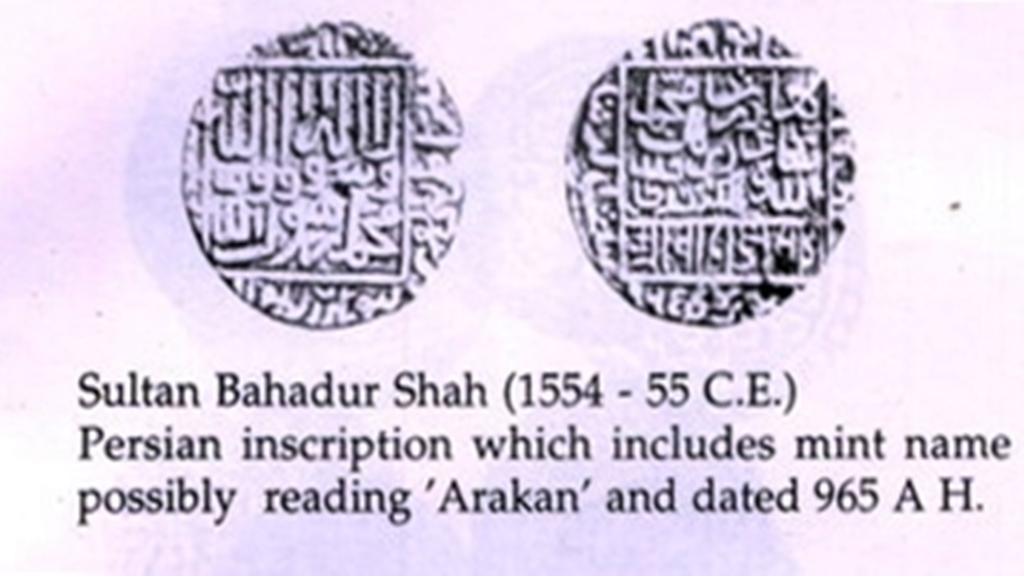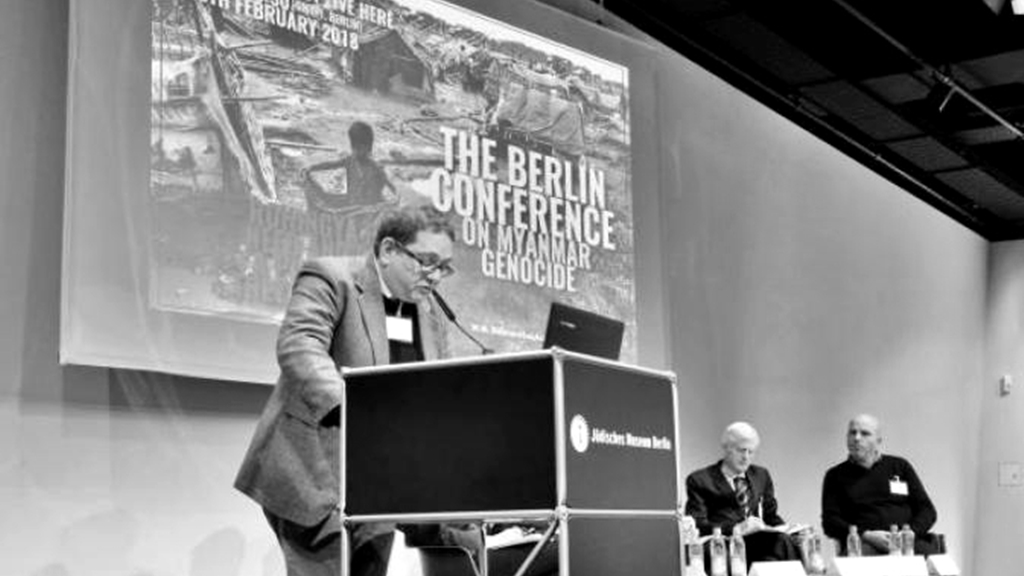Rohingya Historians
- 05/04/2019
- 0
By Aman Ullah Arākān region is situated in its western mountainous region and stretches for about 560 Kilometres along the eastern shoreline of the Bay of Bengal. It is separated from...
Read more- 05/04/2019
- 0
By Aman Ullah Since the holding of the Constituent Assembly elections till 1962 military takeover 3 general elections were held for both houses of Parliament in 1951, 1956 and 1960 respectively....
Read more- 05/04/2019
- 0
By Aman Ullah Mr. M.A Gaffar, son of Ulah Meah, was born in 1910 in Rwanynotaung (Roanga daung) village of Buthidaung, Arakan, Burma. He was graduated in his Islamic studies from...
Read more- 05/04/2019
- 0
By Aman Ullah “If two brothers cannot live together they must live apart independently of each other”. Sultan Mahmud Sultan Mahmud was a prominent leader of Burma and Muslims of Arakan....
Read more- 05/04/2019
- 0
By Aman Ullah Mr. Sultan Ahmed, s/o Maulana Akram Udddin, was born in 1901 at Thay Chaung Village (Balukhali, Malavi Para) of Maungdaw north, Arakan, Burma. He was matriculated in...
Read more- 05/04/2019
- 1
By Aman Ullah Arakan, in fact, a continuation of the Chittagong plain was neither purely a Burmese nor an Indian Territory until 18th century. Culturally, socially, economically and politically the peoples...
Read more- 05/04/2019
- 0
By Aman Ullah "Everyone has the right to a nationality," and "no one shall be arbitrarily deprived of his nationality." Universal Declaration of Human Rights, The motion concerning the issue of...
Read more- 04/04/2019
- 0
By Aman Ullah [Moshe Yegar, was a Second Secretary at the Embassy of Israel in Rangoon during early 1960s. During his stay in Burma he submitted a thesis on the...
Read more- 04/04/2019
- 0
By Aman Ullah Mohan Ghosh wrote in his book ‘Magh Raiders of Bengal’ that, “In 8th century under the Hindu revivalist leader, Sankaracharijya, Buddhists in India were persecuted in large-scale. In...
Read more- 04/04/2019
- 0
By Aman Ullah The ethnic Rohingya is one of the many nationalities of the union of Burma. And they are one of the two major communities of Arakan; the other...
Read more- 04/04/2019
- 0
By Aman Ullah A population Census is the process of collecting, compiling, analyzing and disseminating demographic, social, cultural and economic data relating to all persons in the country, at a particular...
Read more- 04/04/2019
- 0
By Aman Ullah Following the 1935 Government of India Act’s reforms, the British granted Burma a larger autonomous status with the Government of Burma Act. However, with very few educated Burmese...
Read more- 04/04/2019
- 0
By Aman Ullah [Dr Pamela Gutman was the first Australian to complete a doctorate in Asian Art, specializing in Burma. Her scholarship did much to contribute to Australian-Burmese government relations...
Read more- 04/04/2019
- 0
By Aman Ullah Dr. Emil Forchhammer was German-born Swiss Professor of Pali at Rangoon College. He was the first Europeans who became involved in research of Old Burma. He was...
Read more- 04/04/2019
- 0
By Aman Ullah Dr. Emil Forchhammer, a German-born Swiss Professor of Pali at Rangoon College, in his report of Arakan, which was publish in 1891, described not only all the...
Read more- 04/04/2019
- 0
By Aman Ullah One of the prominent features of socio-cultural history of Arakan in the 17th century was the extensive Muslim influence on the Arakan society, which was not an...
Read more- 04/04/2019
- 0
By Aman Ullah During the several centuries, a large number of Muslims settled in Arakan and spread their culture there. The welcome influence Muslim culture in Arakan was so great...
Read more- 04/04/2019
- 0
By Aman Ullah One of the prominent features of socio-cultural history of Arakan in the 17th century was the extensive Muslim influence on the Arakan society, which was not an...
Read more- 04/04/2019
- 0
By Aman Ullah Edward Hamilton Johnston (1885 –1942) was a British oriental scholar who was Boden Professor of Sanskrit at the University of Oxford from 1937 until his death. Edward Hamilton Johnston was born...
Read more- 04/04/2019
- 0
By Aman Ullah [Maurice Stewart Collis (1889 –1973) was an administrator in Burma(Myanmar) when it was part of the British Empire, and afterwards a writer on Southeast Asia, China and other historical subjects. MS Collis...
Read more- 04/04/2019
- 0
By Aman Ullah Before 10th century, Arakan was inhabited by Hindus. At that time Arakan was the gate of Hindu India to contact with the countries of the east. Morris...
Read more- 04/04/2019
- 0
By Aman Ullah The earliest name of Arakan was ‘Kala Mukha’ (Land of the) Black Faces writes Noel Francis Singer in his book ‘Vaishali and the Indianization of Arakan’. It...
Read more- 04/04/2019
- 0
By Aman Ullah “The modern form of Arakan said to be derived from the Arabic ‘Al-Rakhang.’” - Professor Hodivala “Arekadesa could also be read Anekadesa.”- Dr. Pamela Gutman Pamela Gutman...
Read more- 04/04/2019
- 0
Compiled by Aman Ullah In the nineteenth century, the Arakan Littoral's Muslim population consisted of large numbers of fisherman, agriculturalists, and textile-makers ("weavers and dyers"). [1] According to the colonial...
Read more

